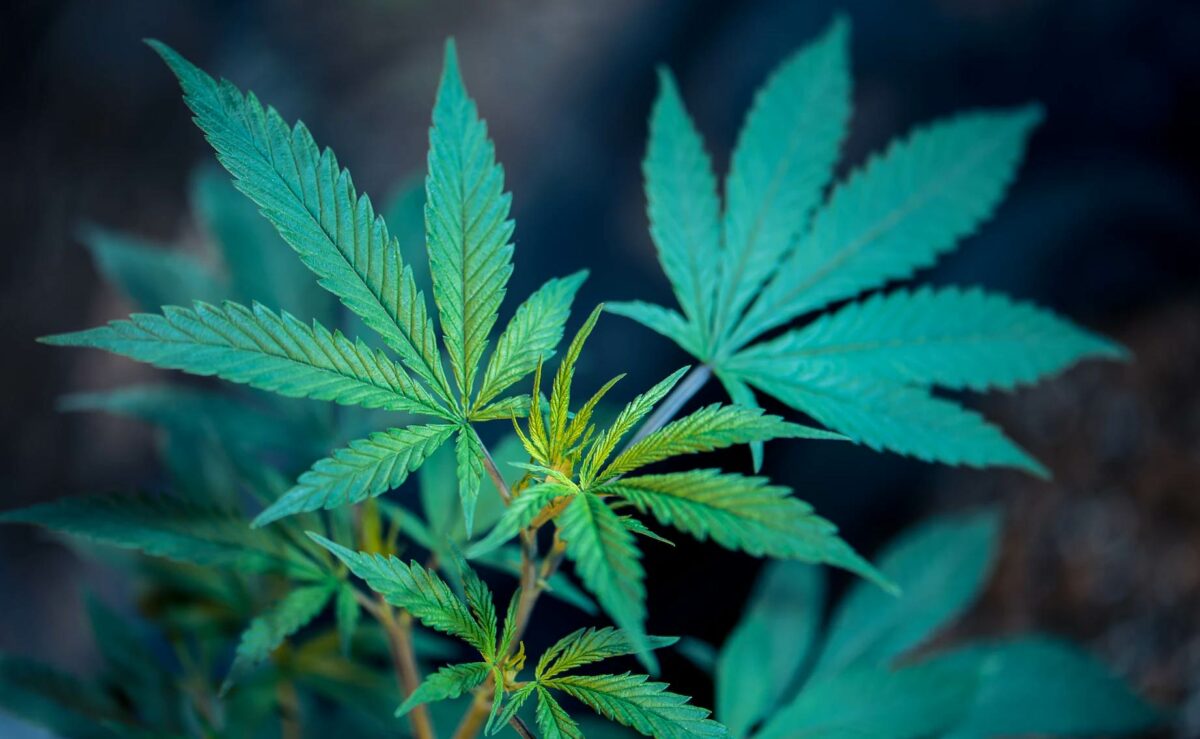Amsterdam, often dubbed the “Cannabis Capital,” holds a unique place in the world’s perception of cannabis. But how did this vibrant city earn such a distinction? Let’s embark on a journey through time to unravel the fascinating story of how Amsterdam became the cannabis capital it is today.
The roots of Amsterdam’s association with cannabis can be traced back centuries. In the 17th century, Amsterdam was a flourishing trading center, and ships returning from far-flung corners of the world brought back not only exotic goods but also hemp. Hemp, a variety of the cannabis plant, was highly valued for its strong fibers and versatile applications. It played a vital role in the city’s maritime industry, fueling the construction of ships and the production of ropes and sails.
Tolerance and the Coffeeshop Culture
Fast forward to the 20th century, and Amsterdam began to embrace a more liberal approach towards cannabis. In the 1970s, as the counterculture movement swept across the globe, Amsterdam emerged as a haven for those seeking personal freedom, including the freedom to consume cannabis. The Dutch government adopted a policy of tolerance, allowing the sale and consumption of small amounts of cannabis in designated establishments known as “coffeeshops.”
This unique coffeeshop culture became synonymous with Amsterdam’s progressive attitude towards cannabis. These establishments provided a safe and controlled environment for adults to enjoy cannabis, fostering a sense of community and openness. The coffeeshops quickly gained popularity among locals and tourists alike, drawing visitors from around the world who were curious to experience the relaxed cannabis culture of Amsterdam.
A Global Spotlight
Amsterdam’s cannabis culture gained international attention, attracting curious travelers who wanted to explore the city’s legendary coffeeshops. This influx of tourists, often referred to as “drug tourism,” put Amsterdam under the global spotlight as a destination for cannabis enthusiasts. The city’s openness and tolerance towards cannabis created a reputation that resonated far beyond its borders, cementing its status as the cannabis capital.
The reputation as a cannabis capital was further solidified by the city’s progressive approach to drug policies. The Dutch government focused on harm reduction and public health, implementing regulations that aimed to minimize the risks associated with drug use. By separating the cannabis market from the criminal underworld, Amsterdam’s approach allowed for regulation, quality control, and safer access to cannabis for both locals and visitors.
Cannabis as a Cultural Symbol
Over the years, cannabis has become deeply intertwined with Amsterdam’s cultural identity. It has inspired artistic expression, fueled conversations around personal freedom and individualism, and even contributed to the city’s booming tourism industry. Amsterdam’s cannabis-related events, museums, and cannabis-themed merchandise all contribute to the city’s unique and vibrant cannabis culture.
Looking Ahead
As the cannabis landscape continues to evolve globally, Amsterdam remains at the forefront of cannabis-related discussions. The city’s progressive attitude, historical connection, and vibrant cannabis culture make it a destination that continues to attract cannabis enthusiasts and curious travelers from around the world.
Amsterdam’s journey to becoming the cannabis capital is a testament to its progressive values, cultural openness, and ability to adapt to changing times. From its humble origins as a trading hub to its current status as a global cannabis icon, Amsterdam continues to shine as a place where cannabis culture thrives, challenging perceptions and embracing a unique sense of freedom and acceptance.

